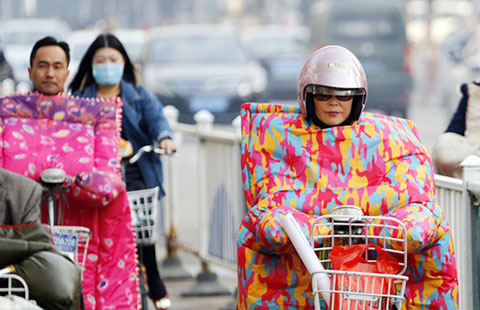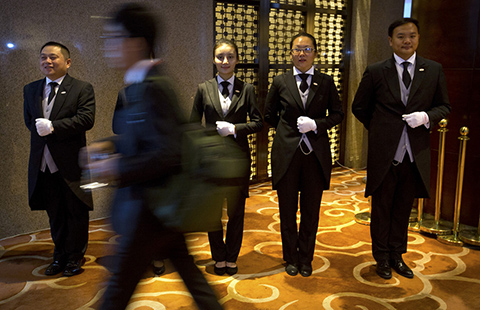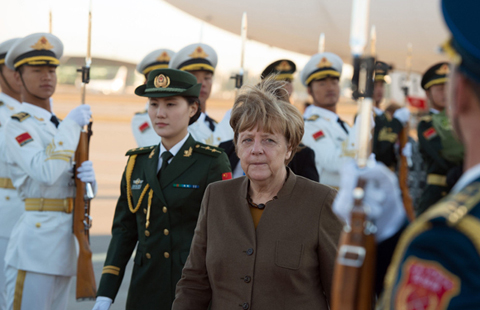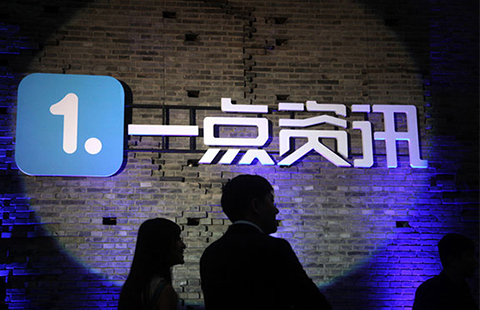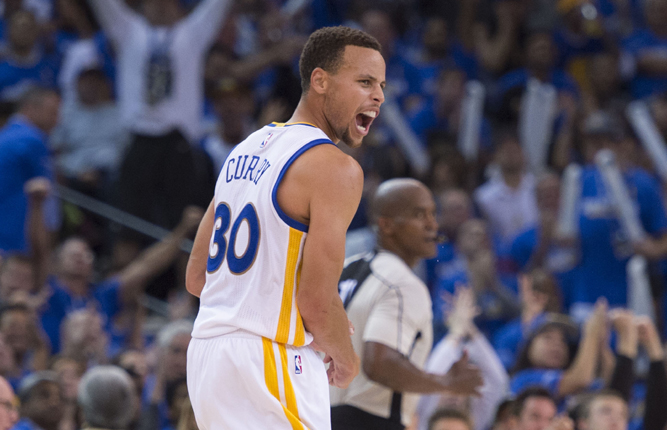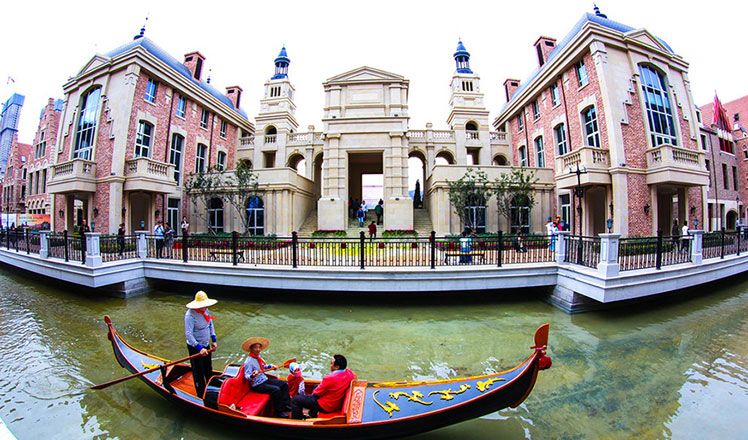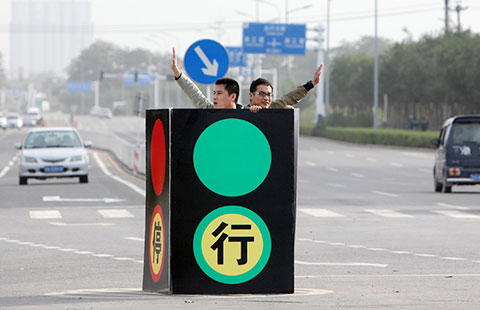
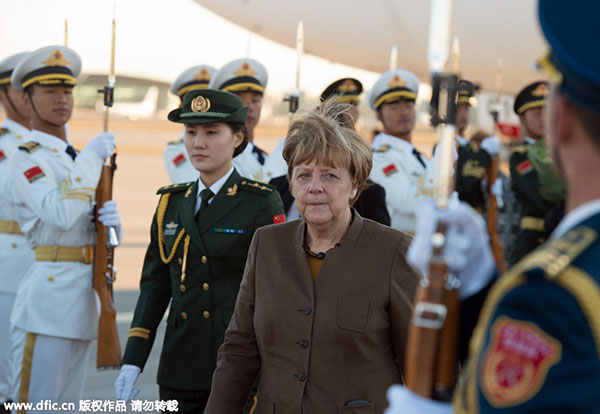 |
|
German Chancellor Angela Merkel arrives at the international airport in Beijing, October 29, 2015. Merkel is on a two-day visit to China. [Photo/IC] |
European continent leaders are following each other's steps to China this week, a move pondered by political observers for its subtle timing as it came after President Xi Jinping's state visit to the United Kingdom pulled China closer to their estranged neighbor.
German Chancellor Angela Merkel arrived in China on Thursday for a two-day visit, while French President Francois Hollande has scheduled a trip on Nov 2. King Willem-Alexander of the Netherlands is already here for a state visit from Oct 25 to 29.
Xi, the first Chinese head to visit London in a decade, wrapped up his packed four-day trip last week that sealed a slew of business deals totaling $61 billion and lifted China-Britain relations to a "golden era".
Potential beneficiaries include big-name British multinational companies, including Aston Martin, Jaguar Land Rover, Rolls-Royce and BP, while what commanded global attention was China's $9.18 billion investment in the Hinkley Point nuclear project in southwestern England, an agreement seen as Chinese money's foray into Europe's infrastructure sector.
Ordinary Chinese, who may think state affairs out-of-reach, could find it easier to relate to the visa policy. Britain will issue a two-year multiple-entry visa in 2016, seen as a remedy to win back big-spending Chinese tourists who often shrug off visa hassles and opt for less restrictive Schengen areas such as France. (Britain is not a signatory party to the Schengen Agreements. )
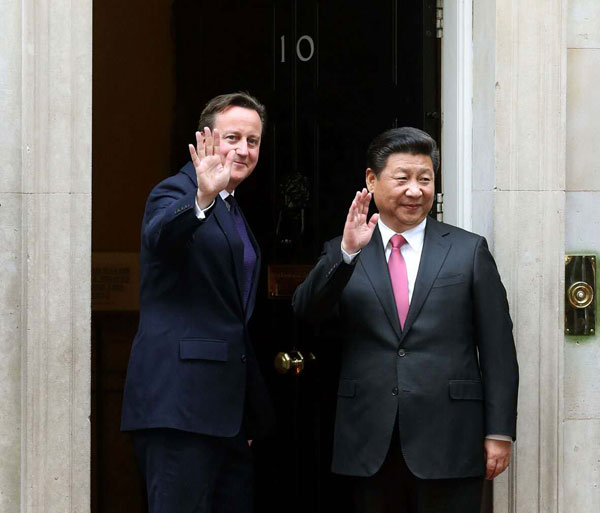 |
|
China's President Xi Jinping (R) is welcomed by Britain's Prime Minister David Cameron to 10 Downing Street, in central London, Britain, October 21, 2015.[Wu Zhiyi/China Daily] |
This seemed to rattle the European Union's Continental members, who may have found relations with their northern peer dysfunctional as Britain's future in the 28-member bloc remains uncertain before an in-or-out referendum on membership by late 2017. But Britain appeared to have gotten a head start in befriending the East.
To catch the China ride, Germany and France sent their leaders eastward. At least this is how some media reports decoded their one-after-another travels.
Prior to Merkel and Hollande's arrivals, state-run newspaper People's Daily published an article by their respective ambassadors, Michael Clauss and Maurice Gourdault-Montagne. Germany and France are "China's central partners in Europe", the article reads, giving the newspaper guts to indicate in another editorial piece that the two leaders are on a mission to court China.
Hong Kong-based South China Morning Post also said: After Xi Jinping's visit to Britain, German Chancellor Angela Merkel keen to show she "knows China best".
Taking frequencies of visits into account, Merkel does have some credibility to claim that she knows China well, if not the best. The German chancellor is on her eighth trip to China since taking office in 2005. During the previous seven visits, a set item on her agenda always took her to an enterprise.
As usual, the leader is here to mind the German business. According to Reuters, she led a delegation of 20 executives representing the machinery, auto, electrical and telecommunications sectors.
Among the delegation is Volkswagen's new CEO Matthias Mueller, who is seeking to rebuild the company's tarnished reputation from the emission scandal in China, the world's largest auto market.
Challenged by China and UK's deal package last week, Merkel is eyeing deals with China too, in an effort to cement Germany as China's biggest trade partner in Europe.
German airline Lufthansa and Deutsche Boerse are among a raft of German sides to ink their signatures, according to Reuters, but the report also said that volume of deals are not expected to rival China-UK's $61 billion.
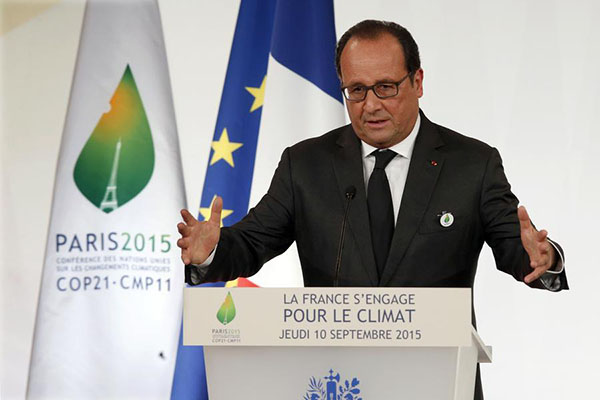 |
|
French President Francois Hollande delivers his speech at the opening of the event "France is committed to climate. Go COP21!" at the Elysee Palace in Paris, France, September 10, 2015. Paris will host the World Climate Summit, called the COP21, from November 30 to December 11, 2015. [Photo/Agencies] |
Unlike business-driven Merkel, Hollande's agenda in early November will center on carbon emission cuts. Taking climate change experts with him, the French President expected talks with China to pave the way for the United Nations climate conference.
The climate summit, to be held from Nov 30 to Dec 11 in Paris, is seen as a big diplomacy show for the French leader, who has launched a global drive to make it tick.
Now it seems that China is intertwined in EU members' own complexity of diplomacy and economic needs.
"We want Britain to be China's best partner in the west," George Osborn announced in Beijing last month.
Now we are looking forward to new terms to be coined referring to China-Germany/France relations.
